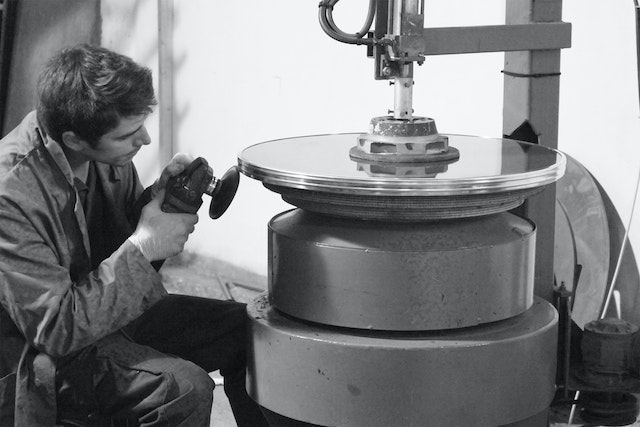Diesel engines all but make the world go round. They can power anything from semi-trucks to ships to generators. To appreciate them fully, take a look at a few interesting facts about them.
Air Separation Improves Efficiency
A diesel engine operates by burning fuel that is sprayed or injected into a cylinder filled with compressed, hot air which ultimately turns the motor. Sometimes, excess air gets into the fuel, often from movement such as sloshing of fuel in the tank. This aerated fuel does not burn as efficiently or cleanly, resulting in less power to the engine, more engine wear and tear, decreased fuel economy and increased emissions. Air separation technologies, such as airdog fuel pressure systems, work to de-aerate fuel before it enters the injection system and allows it to burn more efficiently. This results in a more powerful engine, increases fuel savings and improves the overall performance of the engine.
Engines Can Be Turbocharged
Some diesel engines can be made even more powerful with the help of a turbocharging system. This sends cylinder exhaust into a turbine that works to pressurize the fuel spray in the engine’s cylinders even more, allowing the engine to burn fuel more rapidly and supply additional power to the engine. Of course, this additional power comes at the cost of additional fuel, but it’s worthwhile for the boost required to tow heavy loads or run a large engine at a high speed.
Diesel Engines Can Run on Vegetable Oil
Because of the nature of diesel engines, with minimal modifications, they can run in whole or in part on vegetable oil. That’s right: the same grease used to cook your french fries can also power your diesel-burning engine. As long as the oil is filtered and properly liquified, it can go straight into the fuel tank of these modified engines. Unfortunately, as novel of an idea as it is to get free fuel from your neighborhood burger shack, the prospects of using spent frying oil for street-vehicle fuel are actually pretty tricky. Because fuel taxes paid at the gas pump help to fund roads and transportation infrastructure, using vegetable oil as vehicle fuel is a form of tax evasion. However, it is possible to register and get licensed as a fuel supplier via the same process as registering as a biodiesel producer; this process can be tricky, but it can be done.
Diesel engines are a wonder in our modern world. The more we understand them, the more we can appreciate the work that they do to keep industries running worldwide.

 Revamping Your Bathroom Space: The Journey to Selecting the Perfect Cabinets
Revamping Your Bathroom Space: The Journey to Selecting the Perfect Cabinets  Strengthening Your Team: The Role of Background Checks in Modern Hiring Practices
Strengthening Your Team: The Role of Background Checks in Modern Hiring Practices  Keeping Your Hearth in Top Shape: The Value of Routine Fireplace Repair
Keeping Your Hearth in Top Shape: The Value of Routine Fireplace Repair  Septic Systems: Maintenance Tips for Homeowners
Septic Systems: Maintenance Tips for Homeowners 


